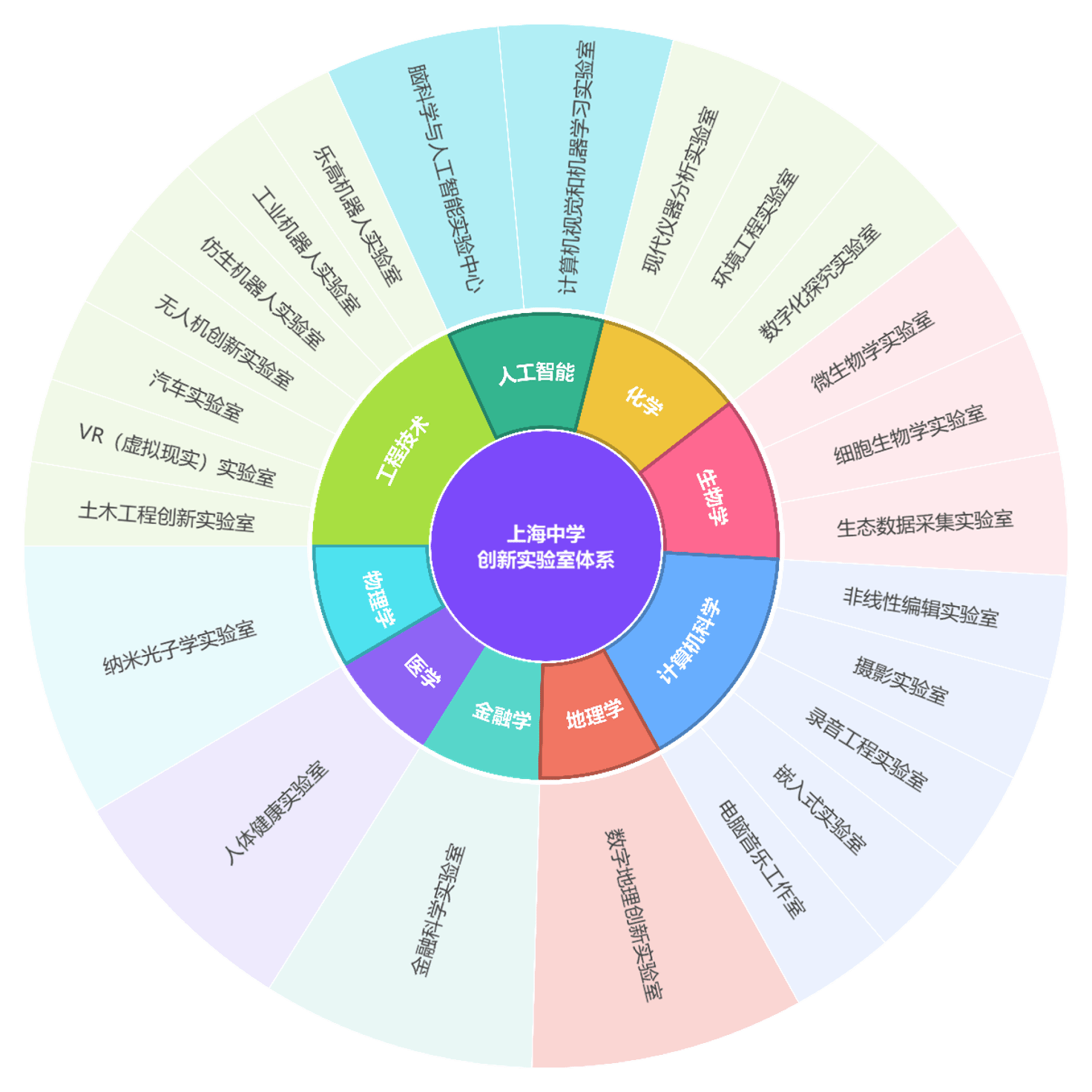Innovation Experiments
As a pilot school for the "training base" for top-notch innovative talents' in Shanghai, Shanghai High School offers innovative and experimental classes including Mathematics Class, Science and Technology Class, and Engineering Class. Additionally, the school provides multiple experimental group courses for all students, which can be applied in "Intensive Mode", "General Mode", and "Integrated Mode".
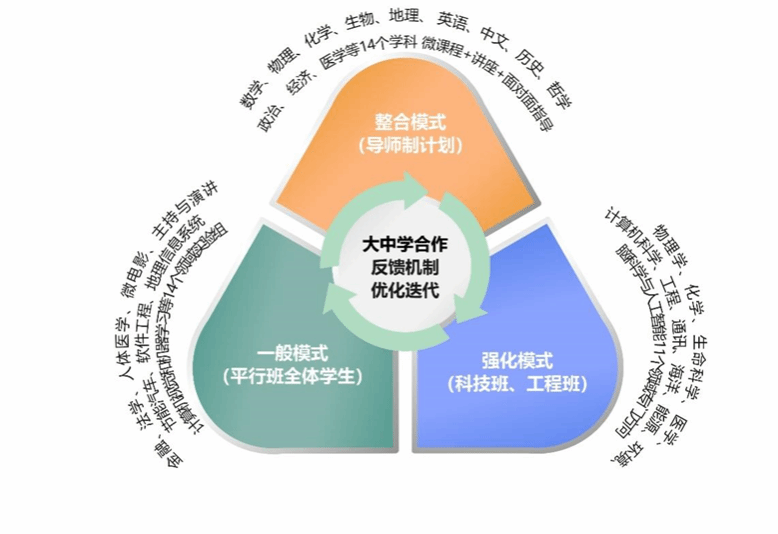
The ‘Intensive Mode’ has been a special program for the Science and Technology Experimental Class since 2008 and the Engineering Experimental Class since 2012. There are in total 11 special programs in Physics, Chemistry, Computer Science, Life Science, Medicine, Engineering, Communication, Environment, Energy, Oceanography, Brain Science and Artificial Intelligence (and more) for students of the two classes. In the first semester of the first year in high school, students are guided through a six-phase overview of the development of various fields and cross-field general studies. They then select a field for in-depth study and carry out subject investigations based on the specialized courses, which lasts for two years. Students attend these classes on Tuesdays and Thursdays, and the contents are comparatively similar to, or slightly higher than, the difficulty of pre-university studies.
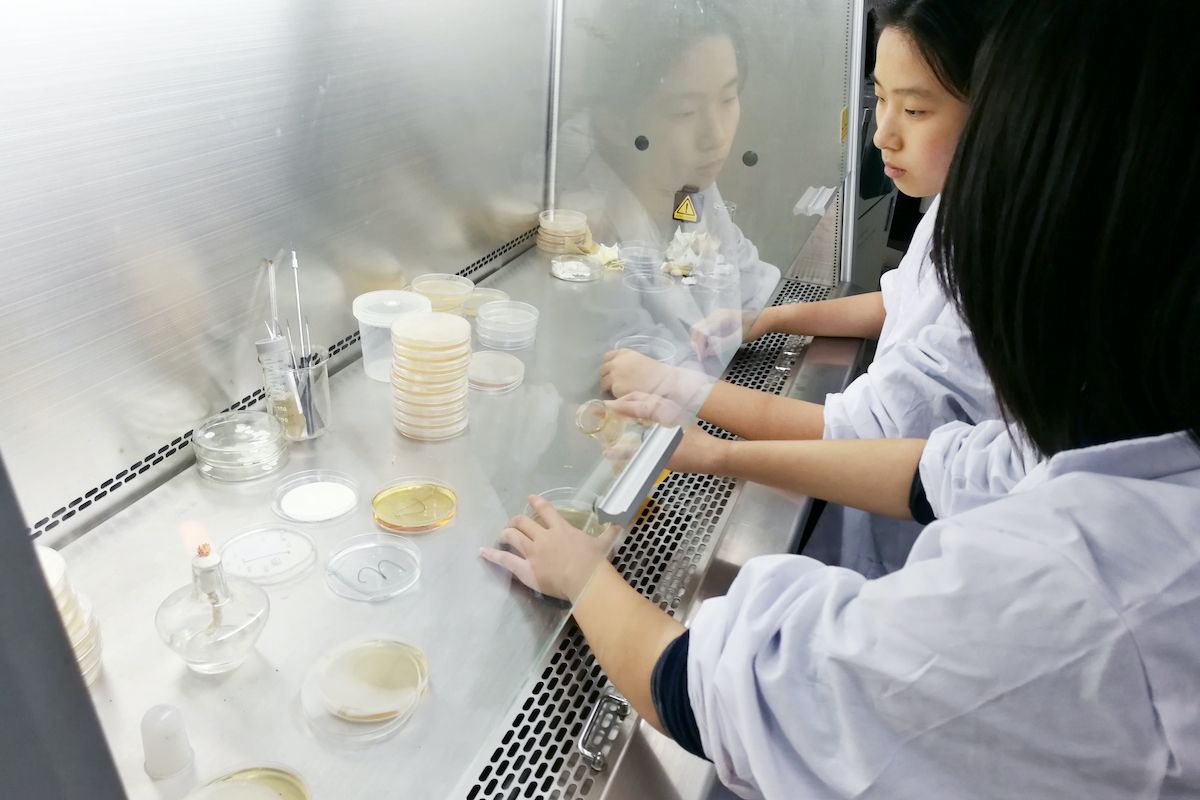
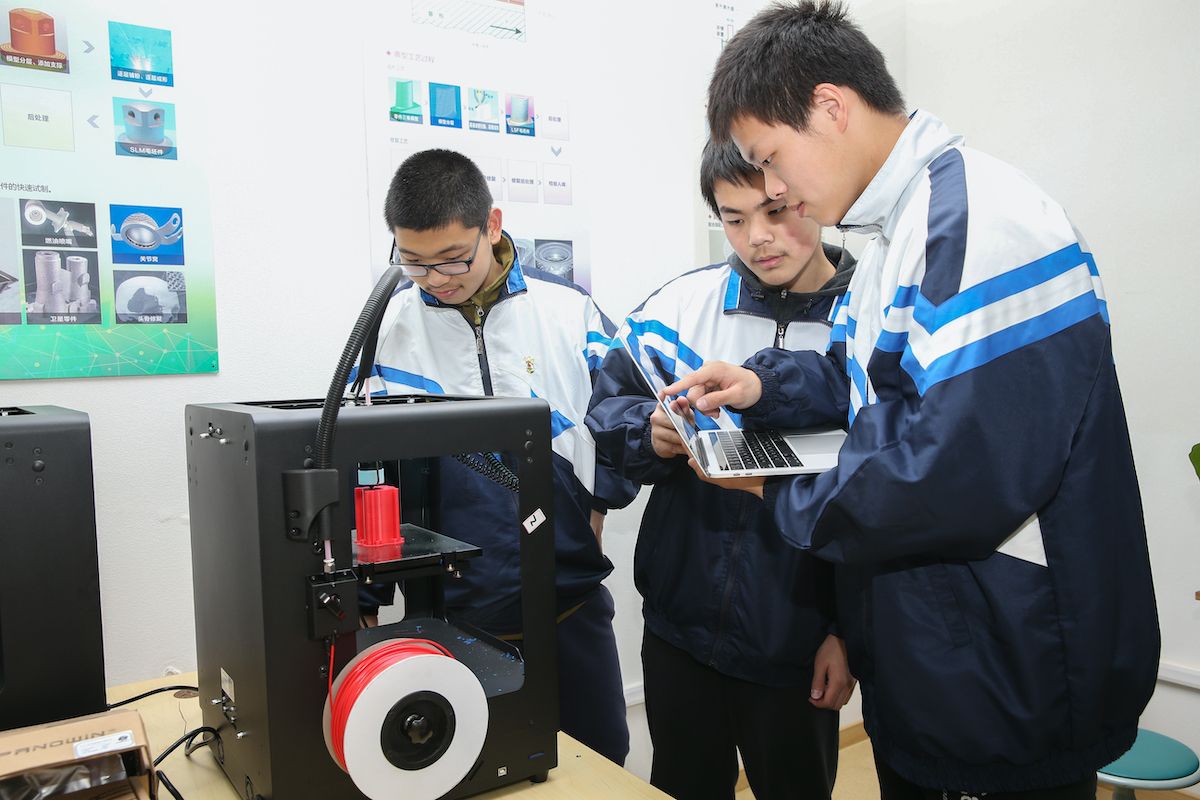
The ‘General Mode’ has three forms of implementation: The first is offering specialized elective technology courses to students outside the experimental class across multiple fields (such as "Advanced Placement Physics", "Eyes in the Sky - Fundamentals and Applications of Remote Sensing" and nearly 100 others). The second consists of experimental specialized courses with characteristics similar to those in science and engineering classes offered to students outside the experimental class (such as "Intelligent Vehicles", "Engineering Science and Innovative Thinking", "Nanophotonics", "Biomimetic Robotics", "Computer Vision and Machanics", etc.). The third form consists of STEM courses that are open to all students: in the first semester of Grade 10, mandatory modules such as "Mechanical Engineering", "Electrical Technology”, and "Open Hardware and Sensor Technology" are studied. In the second semester of Grade 10 and the first semester of Grade 11, two selective modules are chosen each semester from nine options including "Basic Experimental Research in Life Sciences". In the second semester of Grade 11, an exploratory course is conducted by selecting one area from nine domains, such as the "Electric Motor Control".

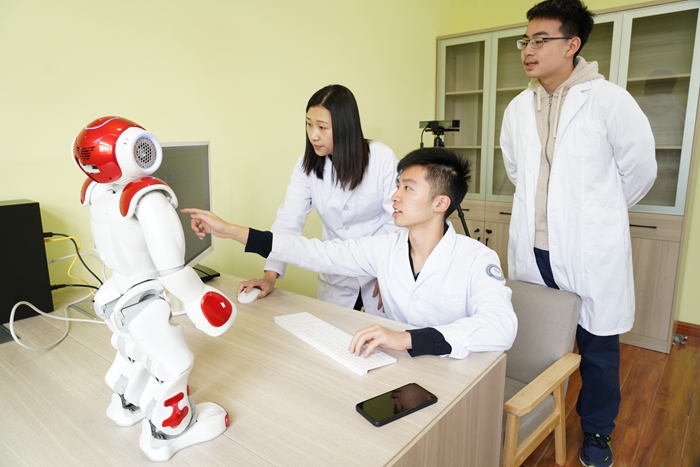
The "Integrated Mode" selects outstanding students with a strong knowledge base of mathematics and science from existing experimental and other classes to enter the "Mentorship Program for Cultivating Academic Interest and Literacy Development". This program mainly involves five forms of multi-disciplinary course learning:
1. A series of interdisciplinary education lectures on "Humanities and Sciences", which are held 12 times per semester during the first year, with each session lasting 2 periods, totaling 48 periods.
2. Bridging micro-courses for secondary and higher education that integrate humanities and science, which are provided 12 times per semester during the second year, with each session lasting 3 periods, totaling 72 periods.
3. University summer extension courses, where partner universities offer approximately 80 summer courses, each totaling 40-60 hours. Students select courses based on their interests and abilities.
4. Online instructional guidance or MOOC (Massive Open Online Course) courses, where students pursue learning based on their own interests.
5. "Office Hour" sessions where mentors from partner universities in more than ten various fields such as physics, chemistry, biology, engineering sciences, medicine, exchange face-to-face communication with students. Each mentor guides 4-5 students and engages in face-to-face discussions on academic topics that students are interested in twice per semester, with each session lasting 2.5 periods, accumulating to a total of 30 periods over three years.
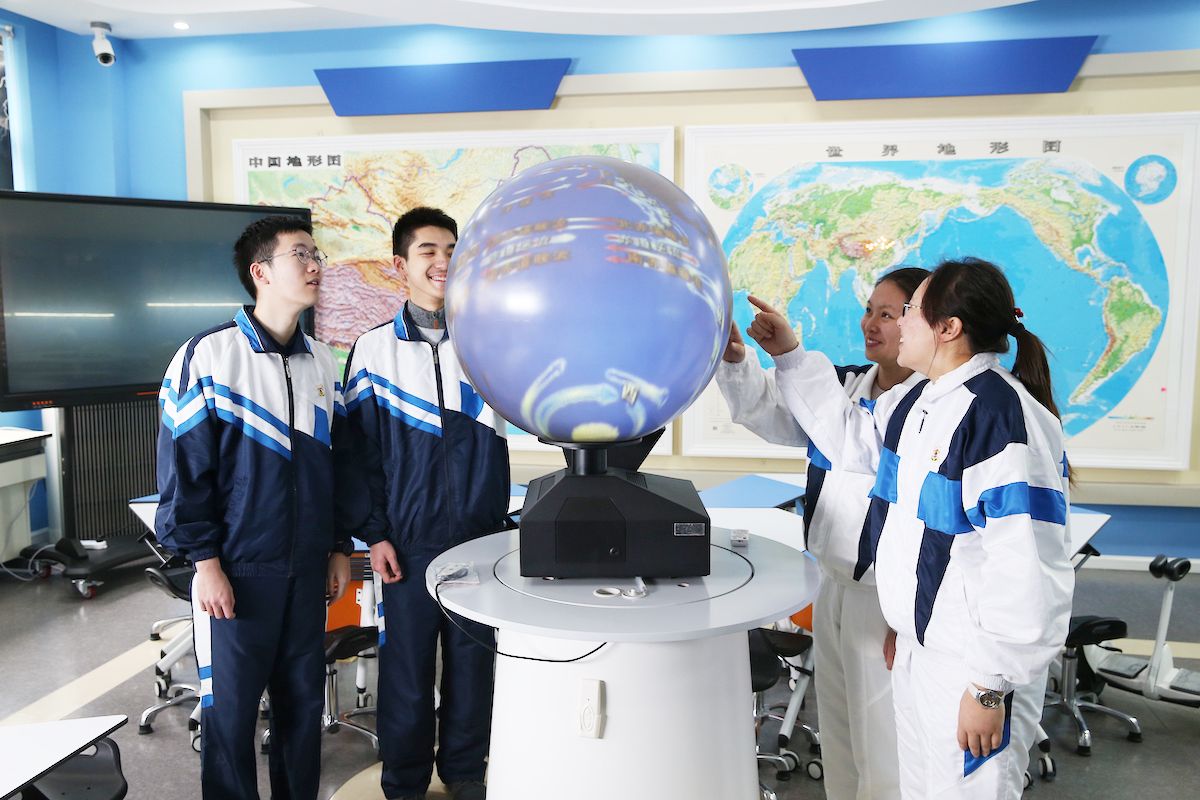
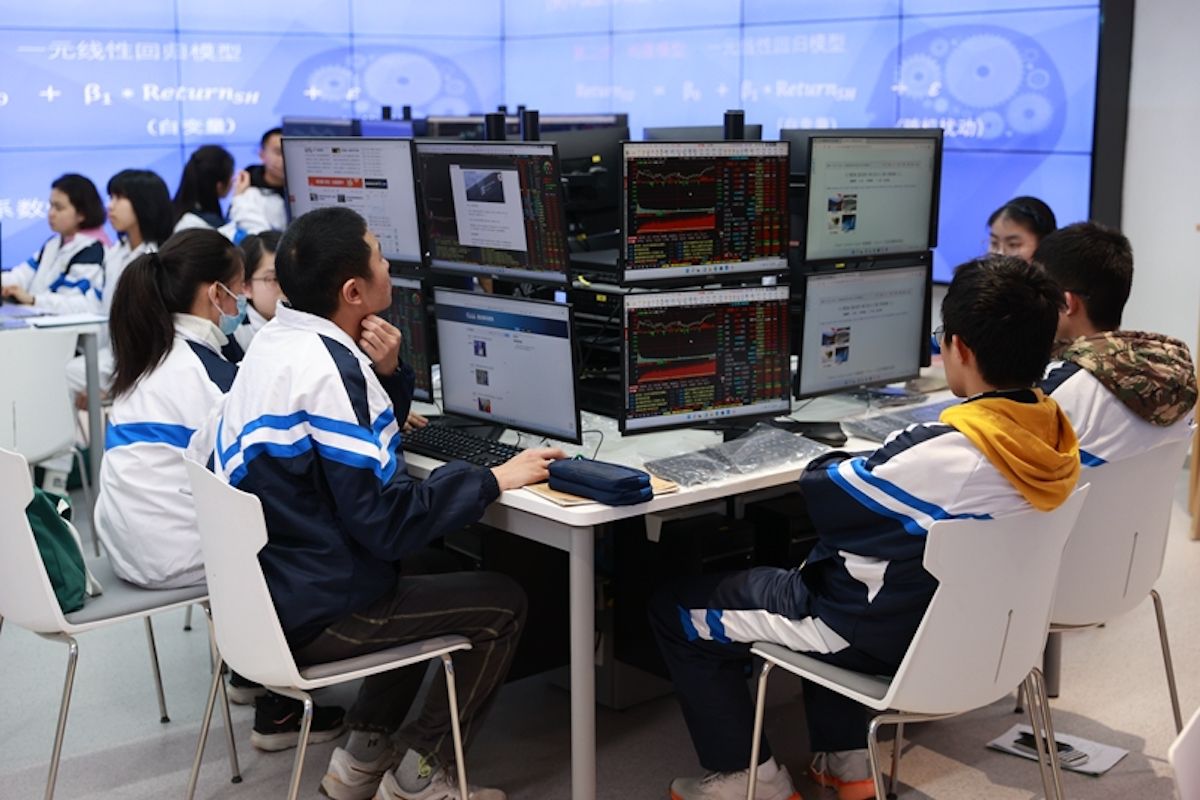
Through these three modes, students could gradually find their own interests in the field of science and technology.
